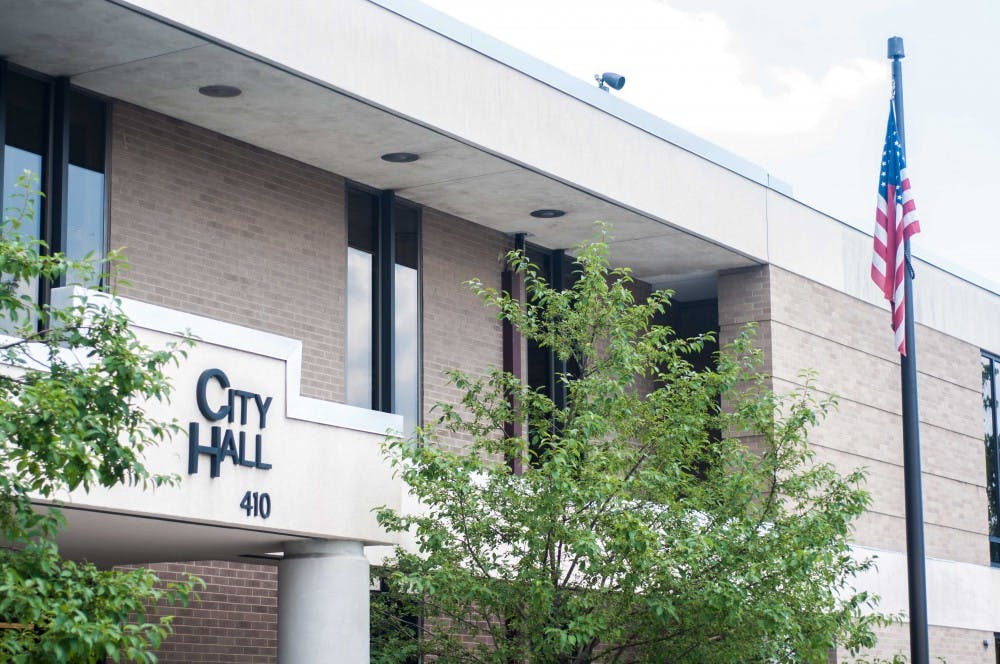East Lansing's Human Relations Commission works to protect one of the most basic rights of any American citizen - the right to be treated fairly and equally as any other person - a responsibility Mayor Pro Tem Eric Altmann said is very important to the city's success.
"That's their task, to look at ways to make East Lansing a better place for everyone to live," Altmann said.
The commission, with its self-stated goal of resolving and avoiding tensions, has taken steps to promote openness in other city departments, such as hearing an annual report from the East Lansing Police Department on complaints made against officers.
It also has the power to hear complaints of discrimination and prejudice in housing and employment. Residents can fill out a complaint form and mail it to or drop it off at City Hall.
"You can come to us and the commission will act," city councilmember Aaron Stephens said. "Because the law is on the books, we as a city can intervene in those situations. It's a great resource for the community."
If an incident happened on MSU's campus, the commission has no ability to address it, although it will refer complaints to the appropriate university resource, if necessary. However, students aren't ignored by the commission. The city code explicitly prohibits discrimination based on student status.
Commissioners are appointed to the nine-member panel by city council and serve three-year terms. Stephens, who served as a commissioner before his election to city council in 2017, said he was motivated to join because he felt it was an excellent way to get involved with the community.
"I thought it was awesome that we had a human relations commission as a person of color myself," said. "I found that great to have in the city, to know that the city values this and actually put resources toward it."
The city's human relations ordinance, which grants the commission its power, also provides protections against discrimination based on sexual orientation that go beyond state and federal law.
Notably, East Lansing was the first city to enact a law protecting gay and transgender individuals in 1972, although the law at the time only applied to city employees.
Beyond protecting residents from discrimination, the Human Relations Commission also plays a role in drafting resolutions and organizing events centered around community and equality.
Altmann said the commission did a "great job" taking up drafting a recommendation to replace Columbus Day with Indigenous People's Day, which was approved by council in 2016.
The push to replace Columbus Day "is a movement that is taking hold a little bit around the country," Altmann said. "They did research on this and presented us with a recommendation which city council adopted unanimously."
April's Conversation About Race, a panel discussion organized by the commission and inspired by 15-year-old Alex Hosey's letter to council, drew dozens of residents and city officials to hear black residents' experiences with racism in the city. Stephens said he hopes that event isn't a one-off thing, but rather can be repeated to constantly keep residents engaged about their neighbors of all backgrounds.
"Something on the HRC that we really wanted to see was that it's not just one conversation, but a continuous conversation," Stephens said. "Equality is something you have to constantly strive for."
Support student media!
Please consider donating to The State News and help fund the future of journalism.
Discussion
Share and discuss “Human Relations Commission works to ensure equality in East Lansing” on social media.







